Microphones
1/18
There's no tags or description
Looks like no tags are added yet.
Name | Mastery | Learn | Test | Matching | Spaced | Call with Kai |
|---|
No analytics yet
Send a link to your students to track their progress
19 Terms
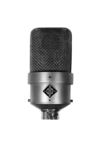
M-50 Omni-directional mic; ideal for capturing sound from all directions, commonly used in studio recordings and live performances. Used to develop the Decca Tree Recording technique
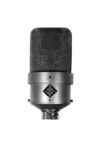
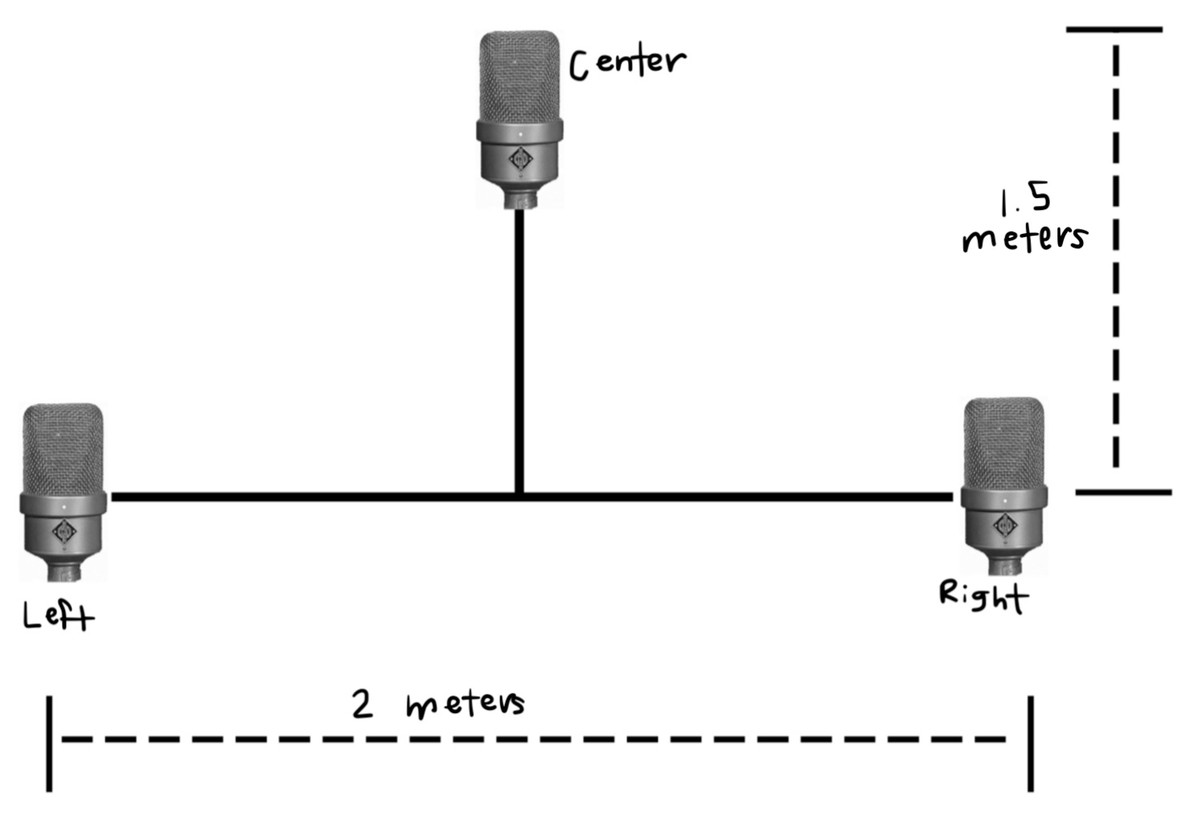
Decca Tree Recording Technique - three omnidirectional microphones arranged in a "T" pattern outlining a triangle - used commonly in film scoring
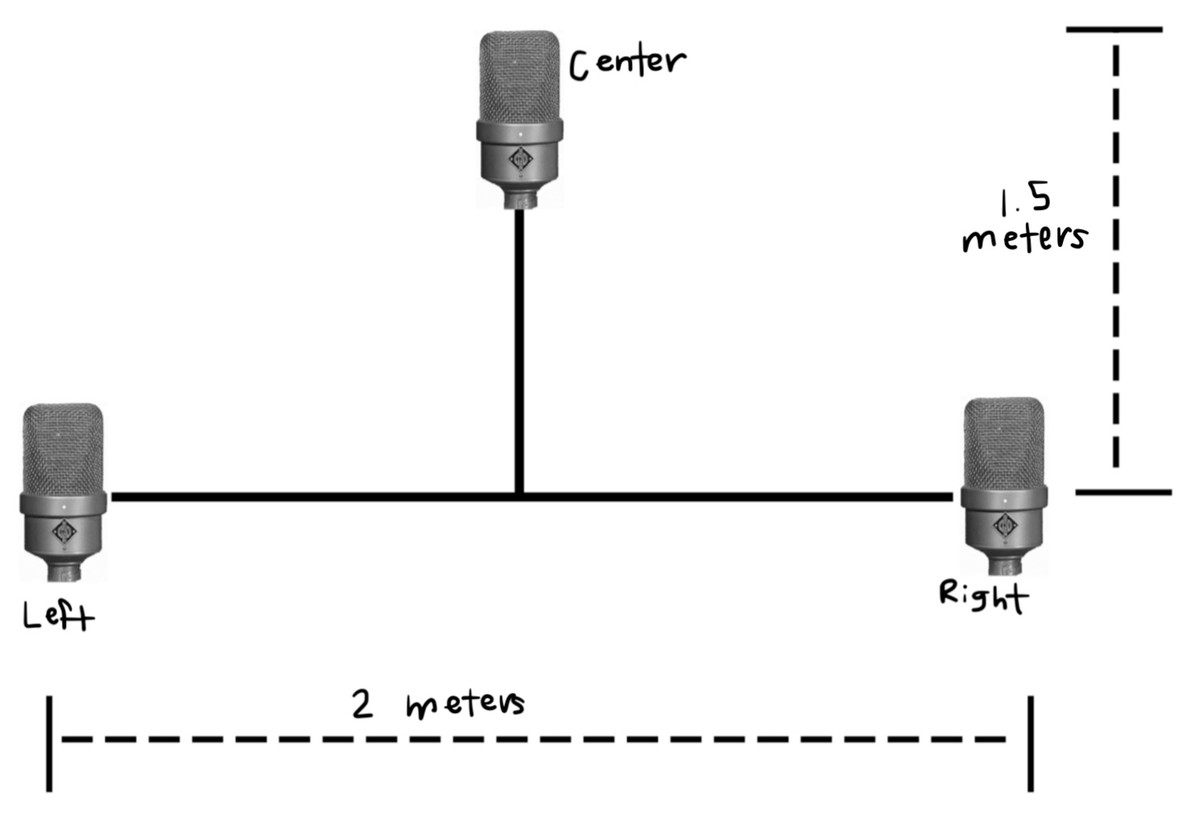
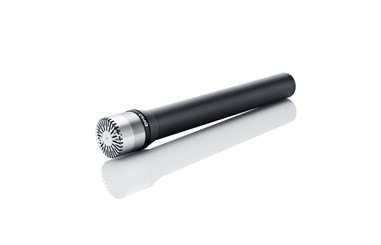
DPA-4041 omnidirectional
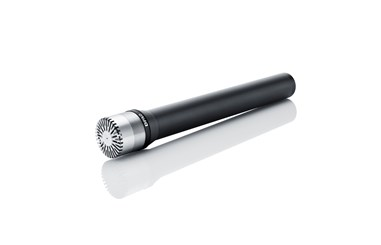
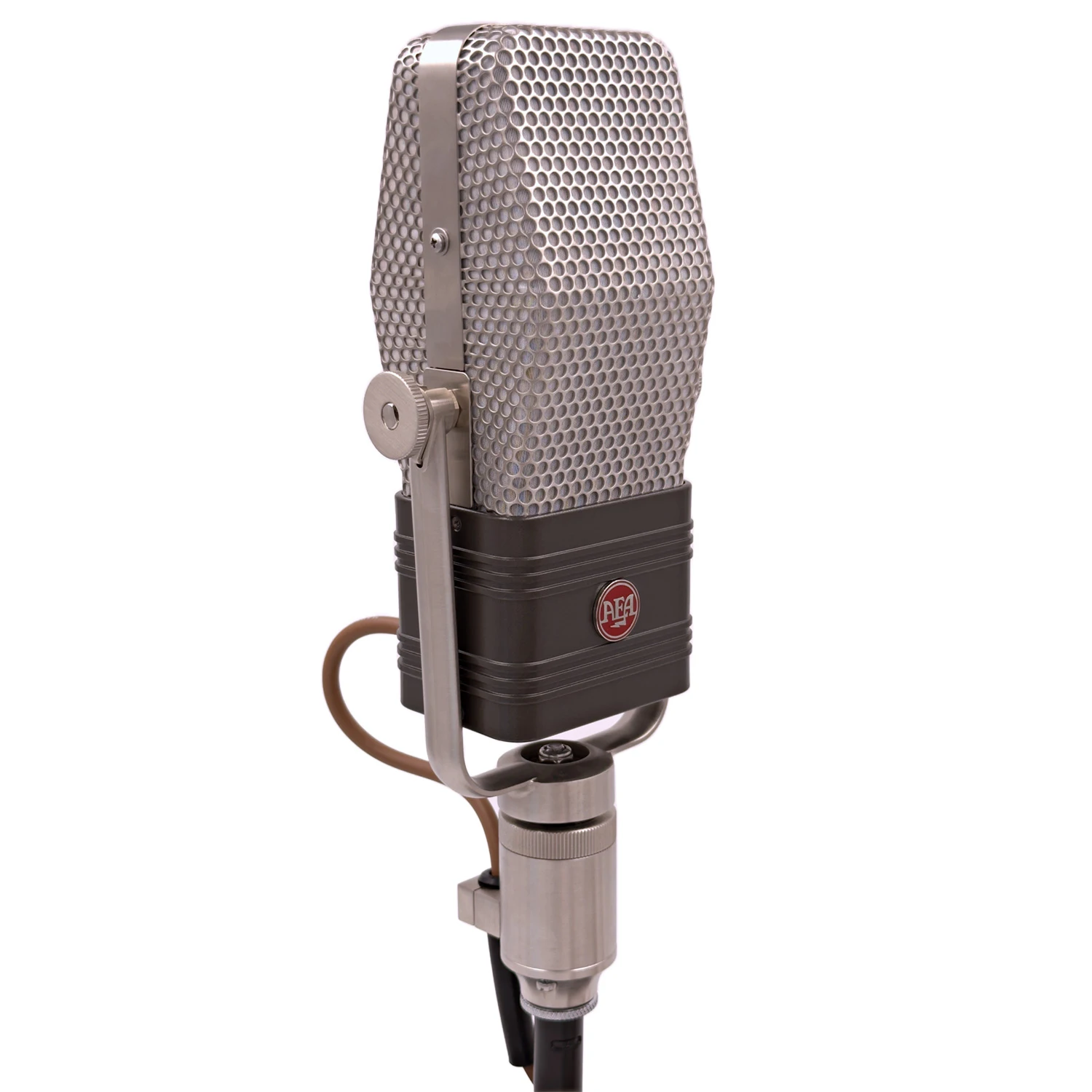
AEA 44; ribbon microphone
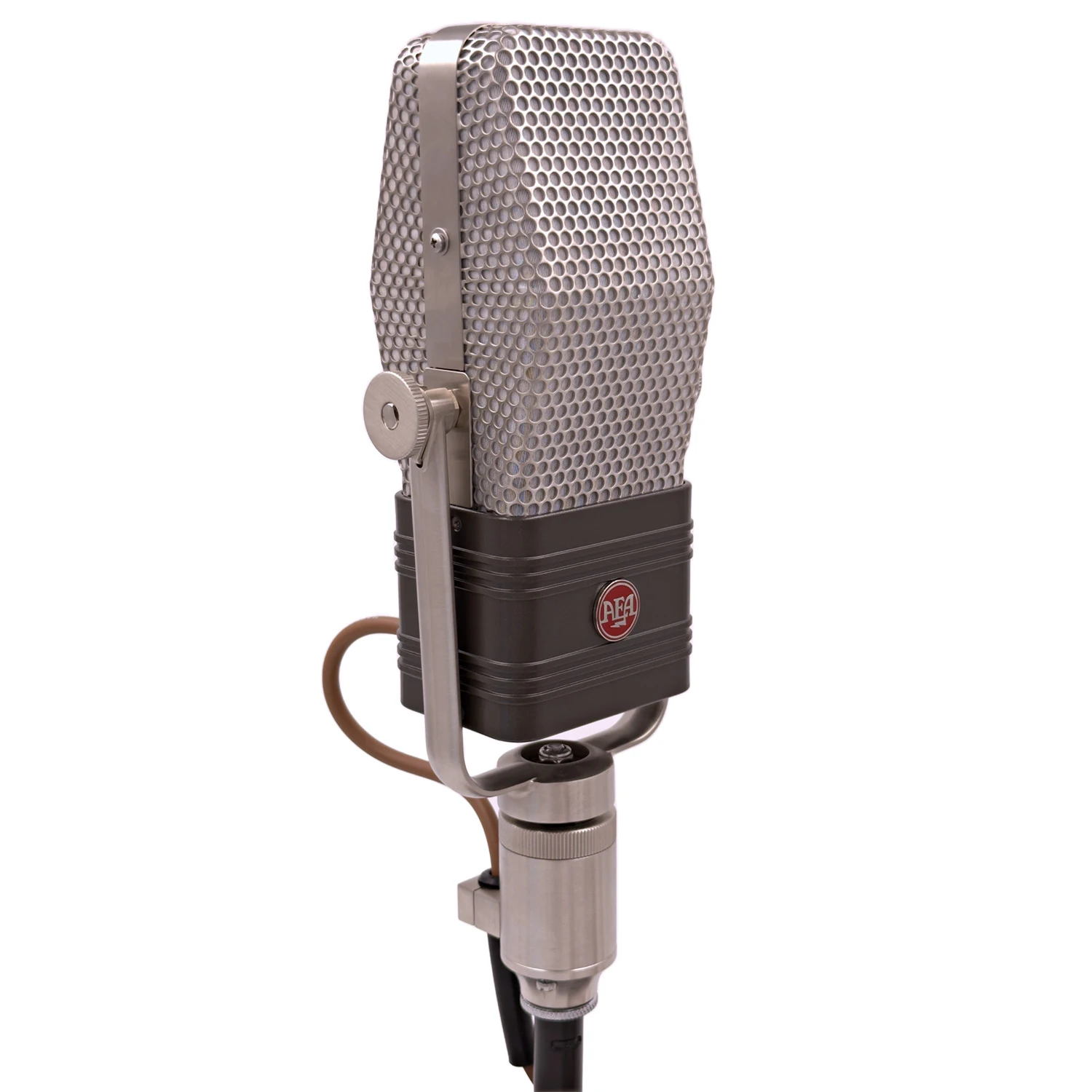
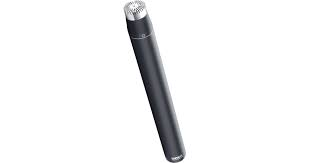
B&K 4006 - omnidirectional condenser mic; suited for close mic-ing quiet acoustic instruments, as well as for ambient mic-ing of performances
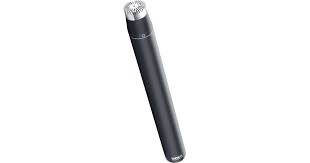
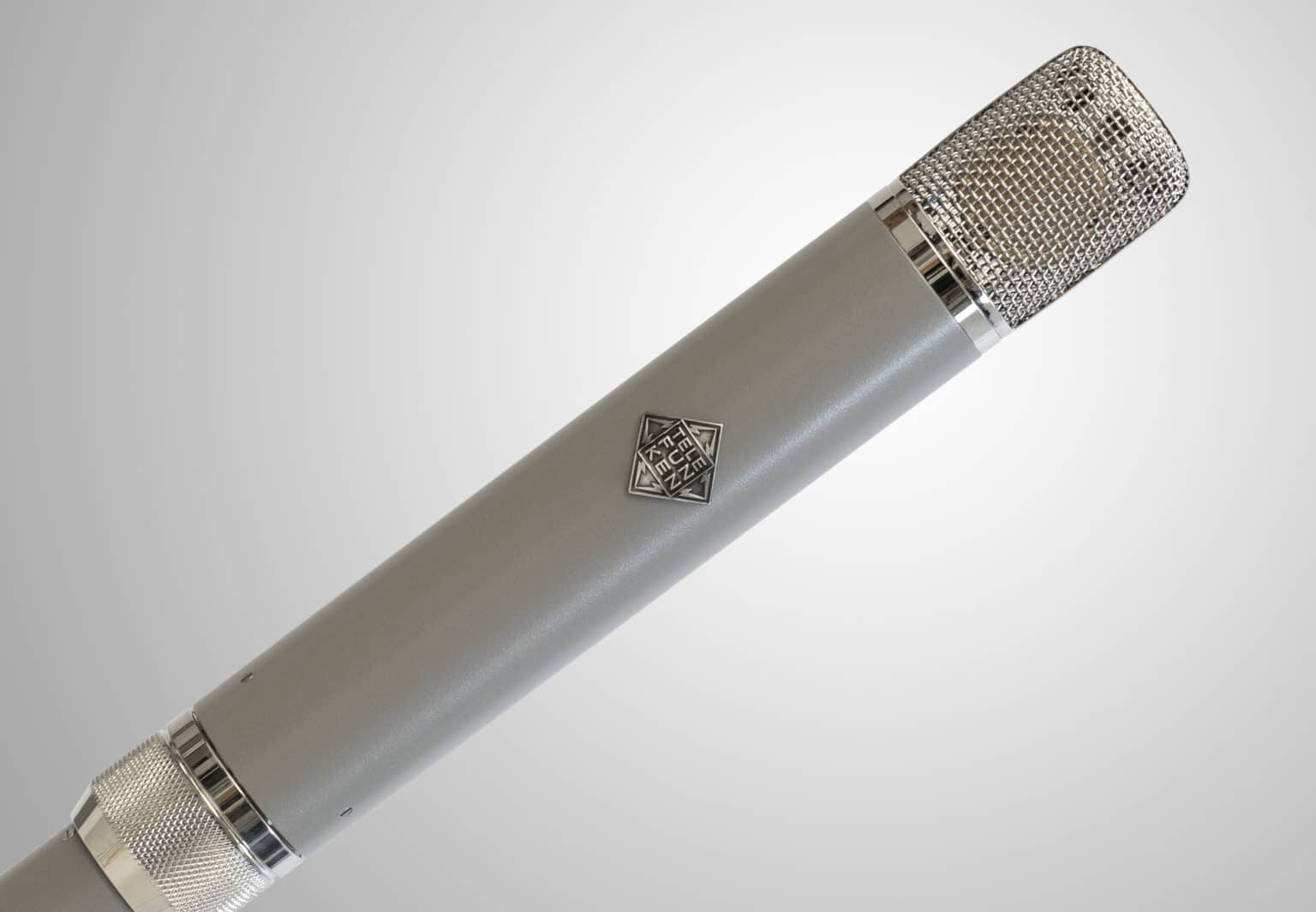
C12; tube studio condenser mic; 9-pattern variable (can change polar patterns) lends especially well to drum overheads, acoustic guitar, and vocals
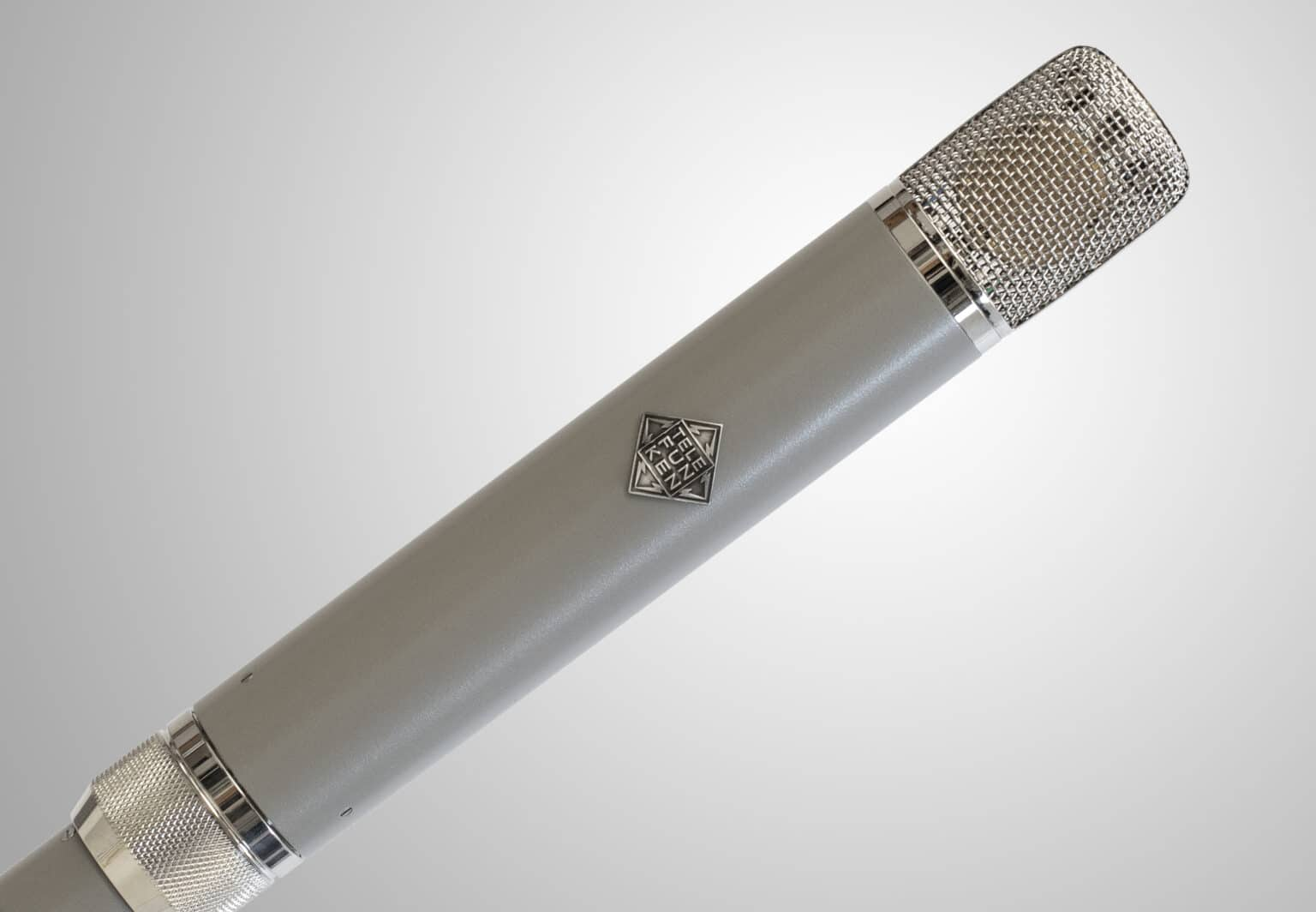
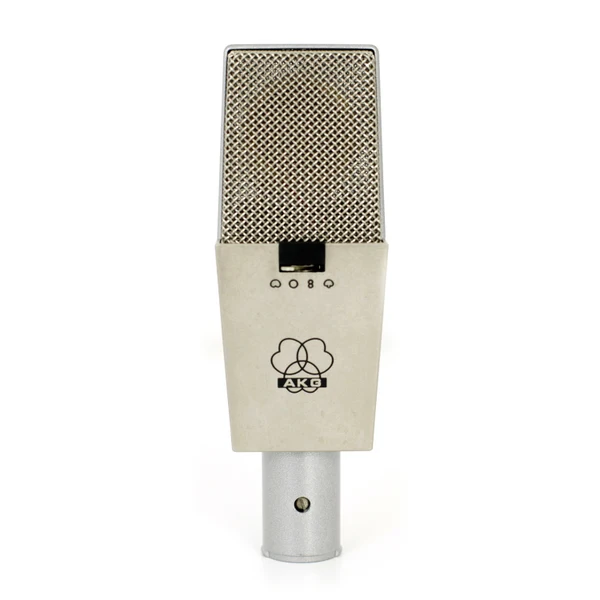
AKG C414; versatile studio condenser mic with multiple polar patterns
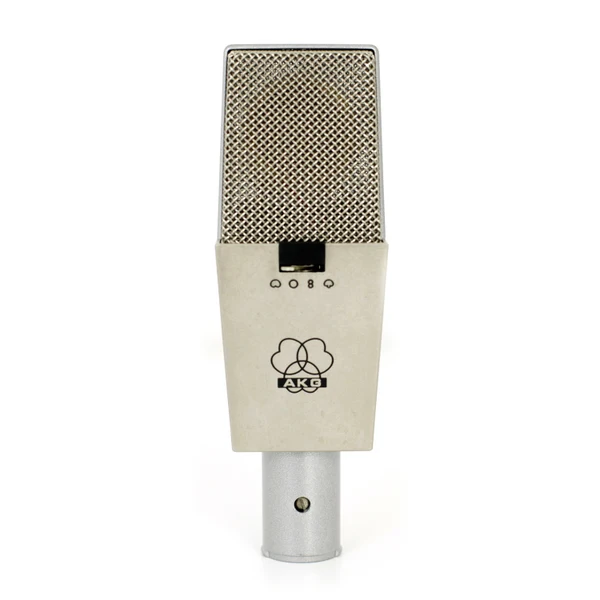
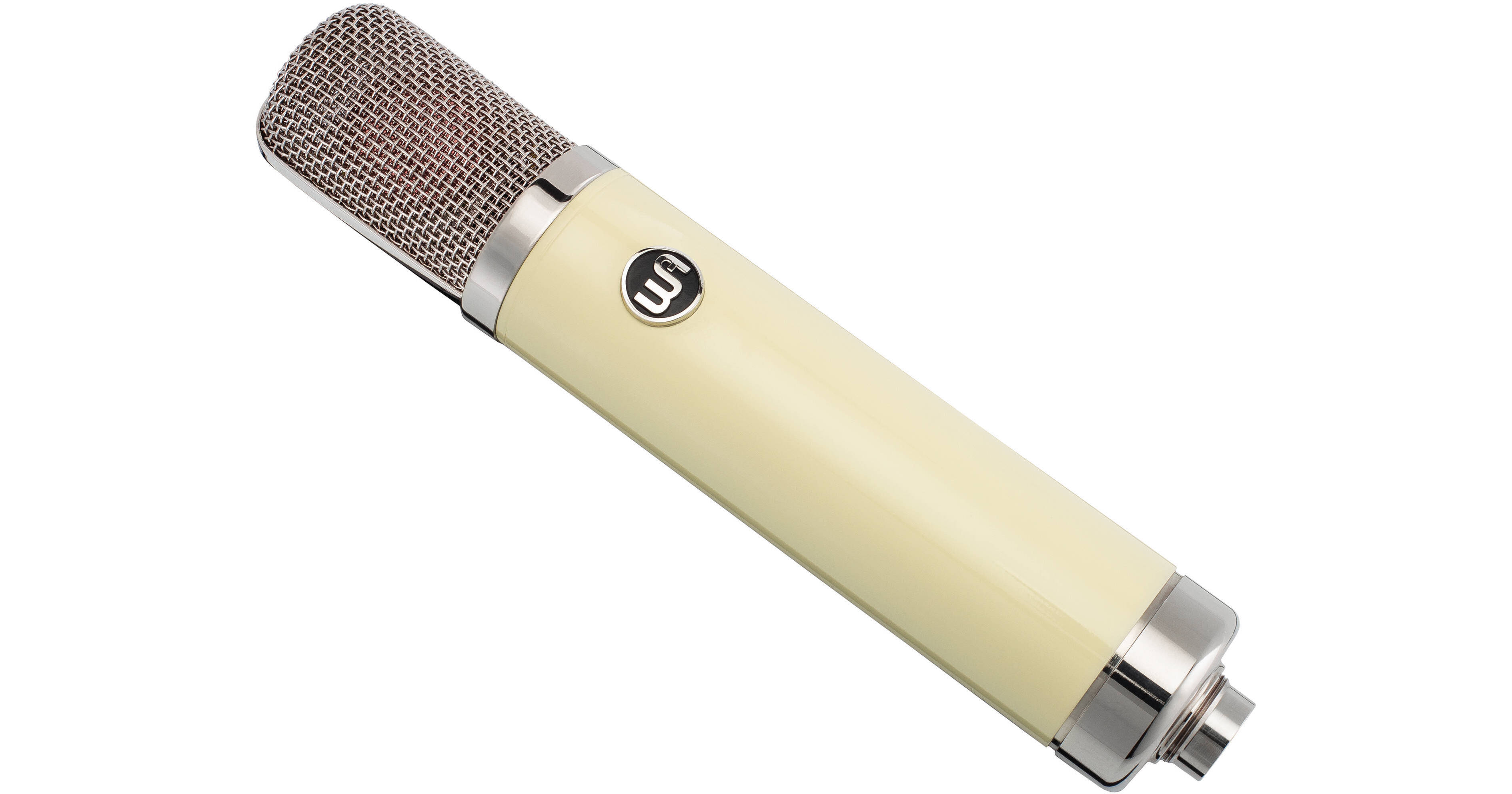
251; large-diaphragm tube condenser mic
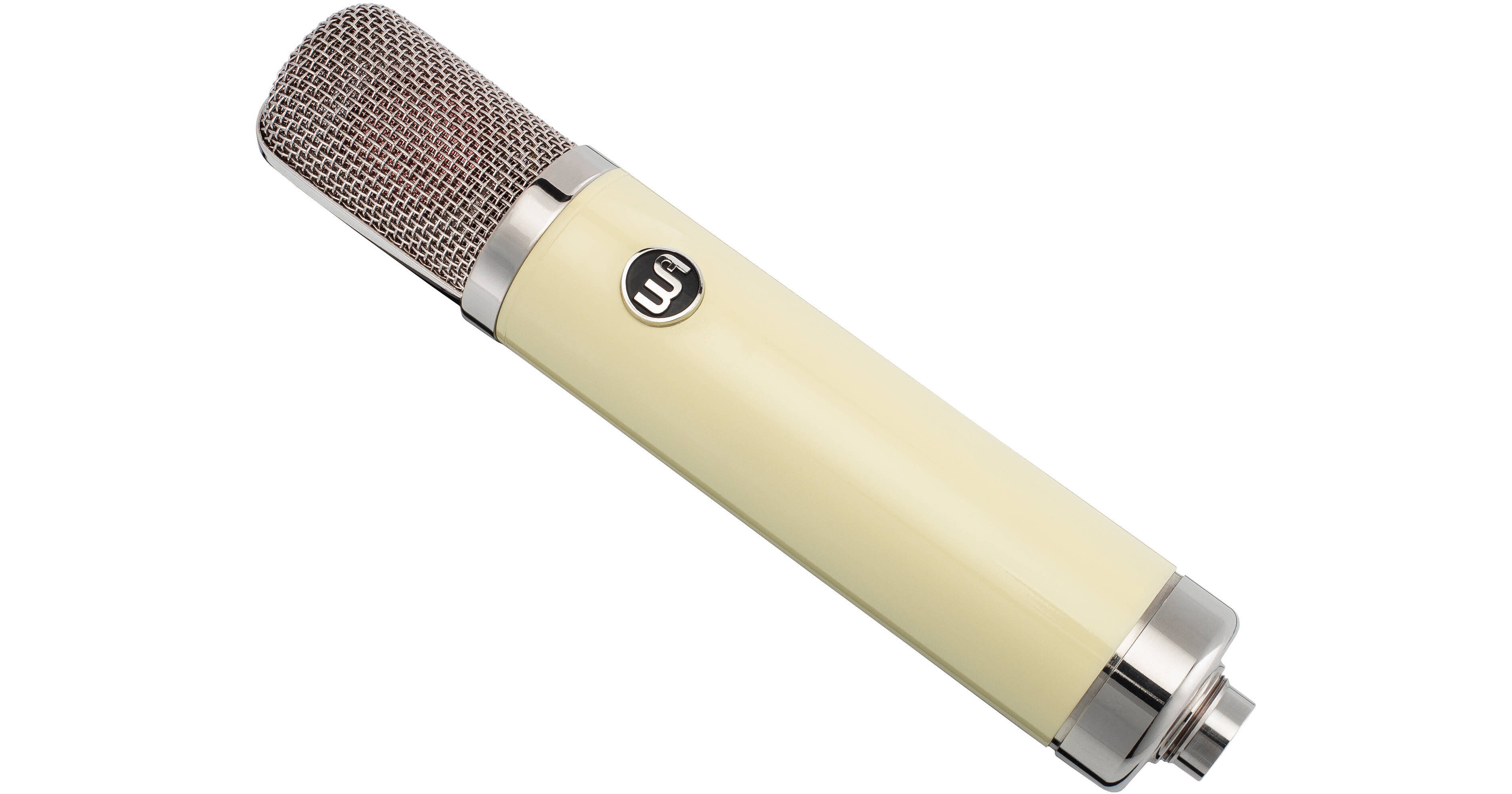
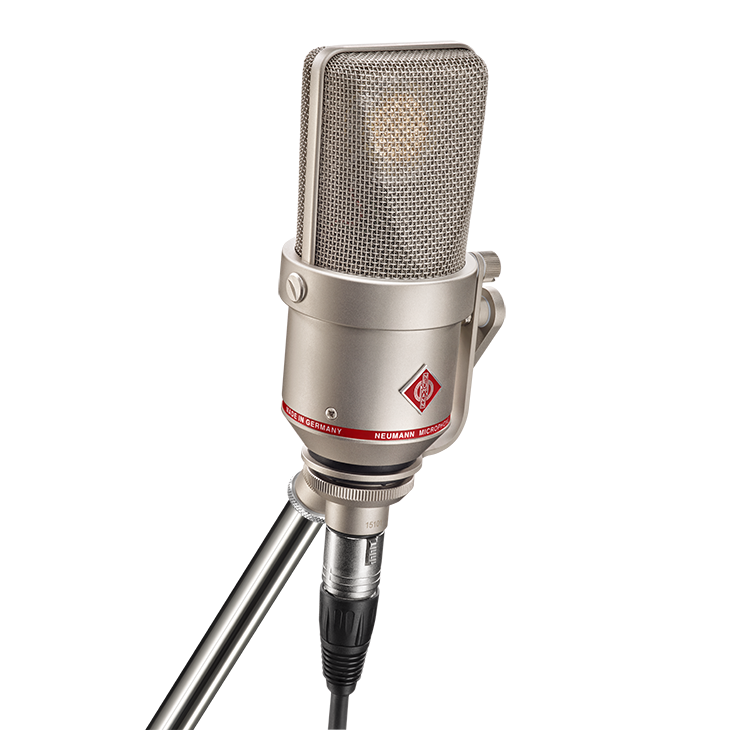
TLM 170 - 5 directional patterns, 130db dynamic range, extremely versatile
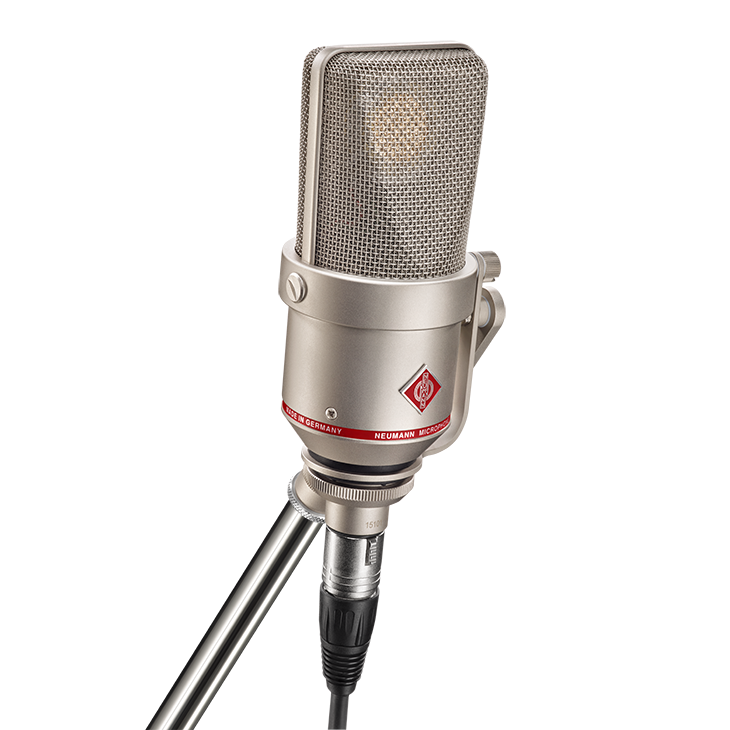
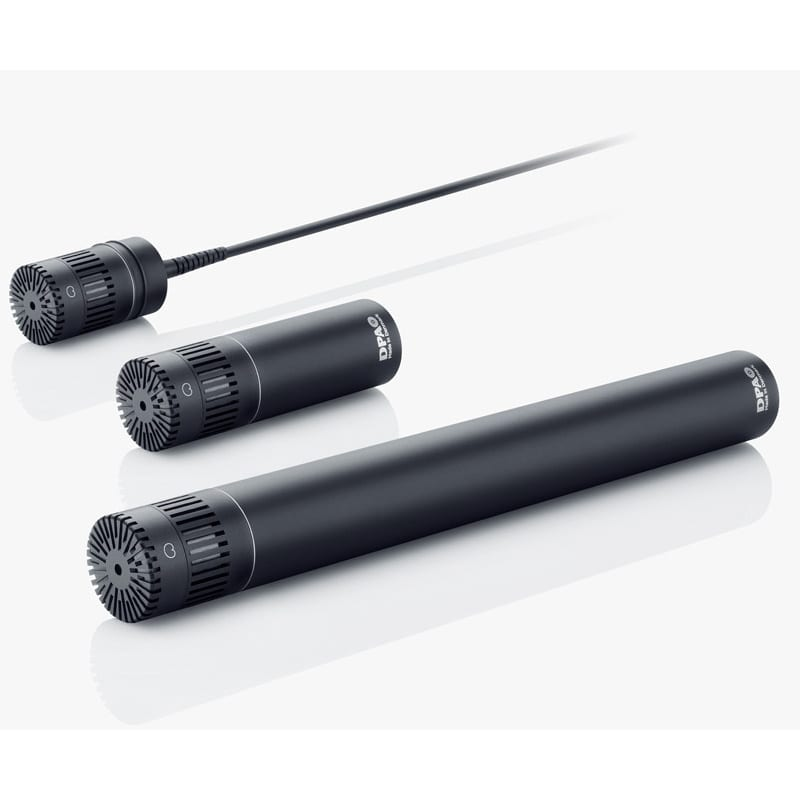
DPA 4011; condenser, cardioid mic; provides separation between sound sources
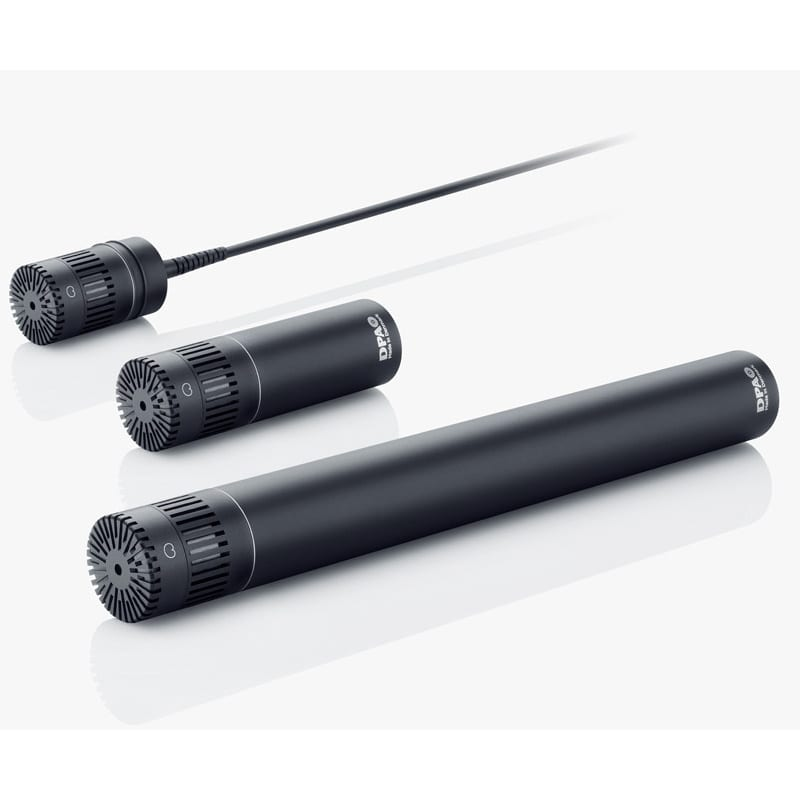
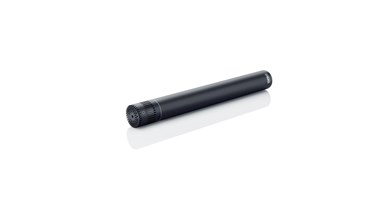
DPA 4015; wide cardioid condenser mic; suits acoustic instruments and voices with rich and open sound
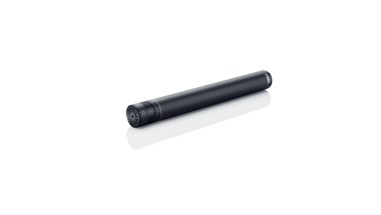
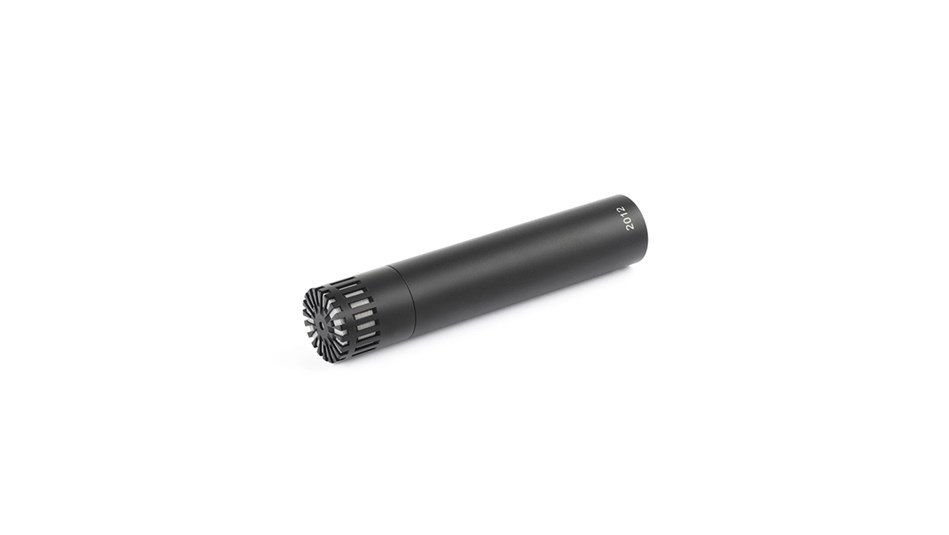
DPA 2012; compact cardioid condenser mic; good for close miking
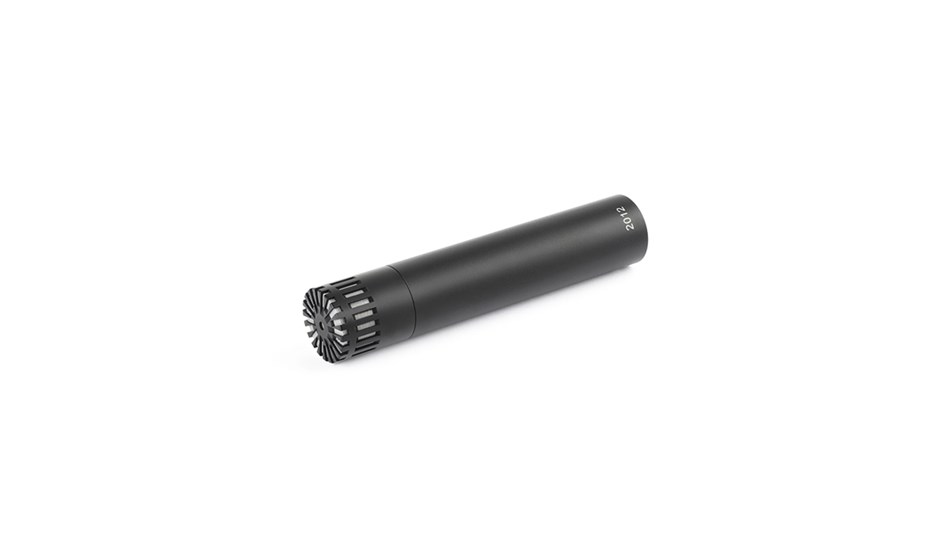
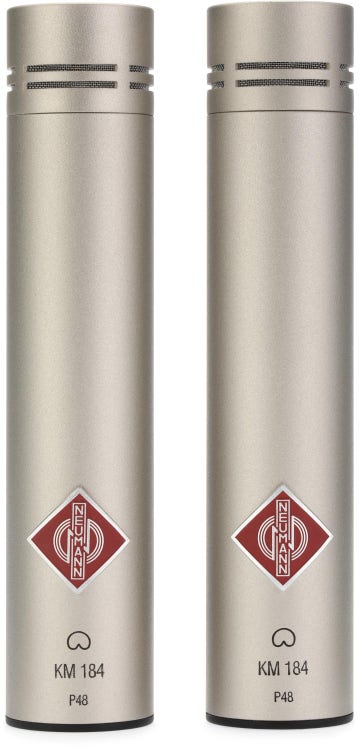
KM 84; small diaphragm cardioid condenser mic; known for drum overheads, snare, hi-hats, and piano
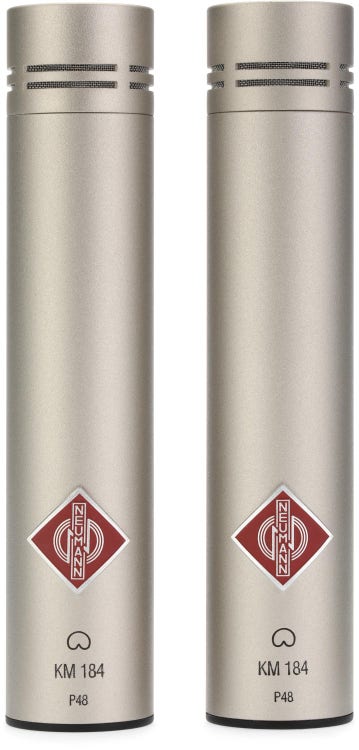
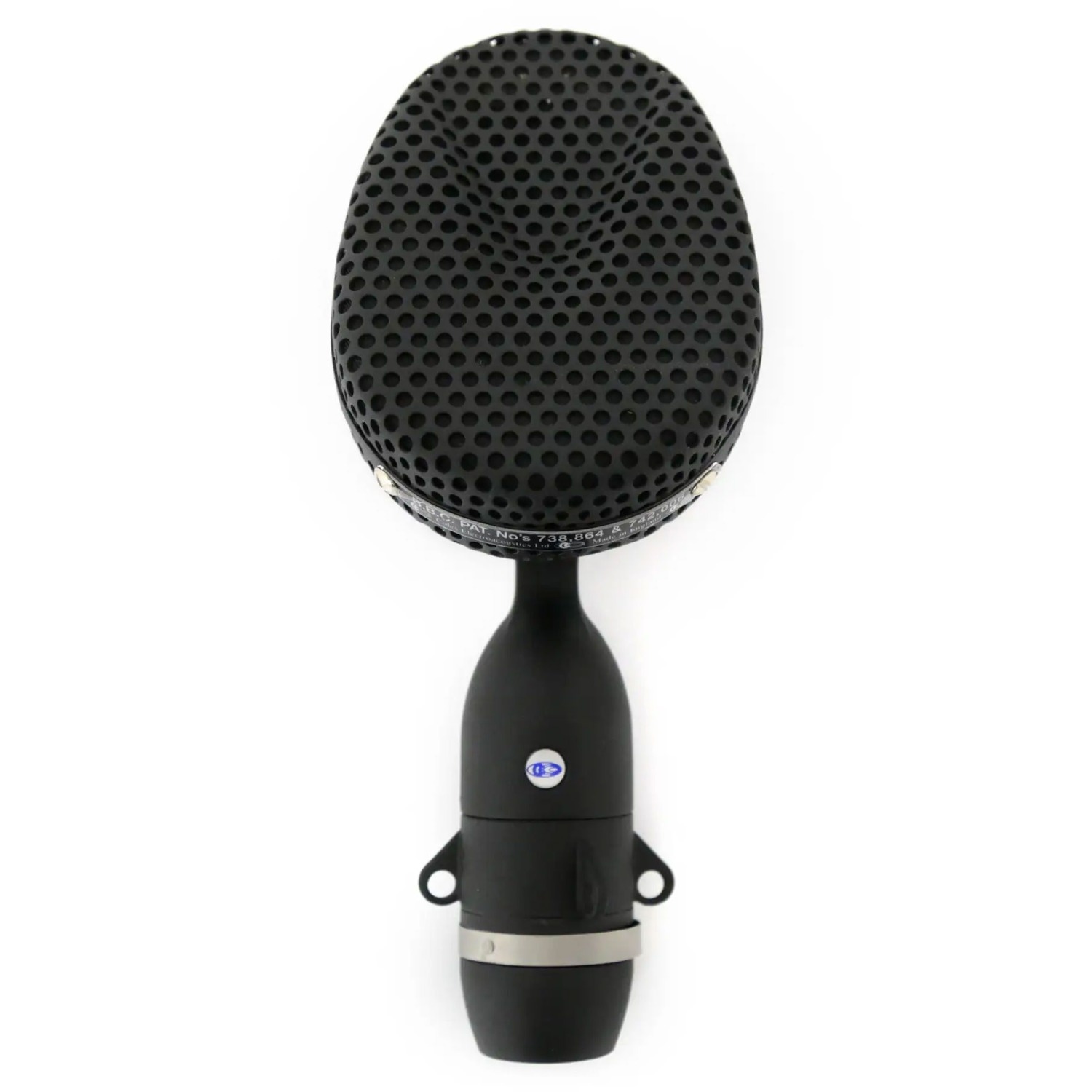
4048; ribbon mic; figure 8 polar pattern; wide, flat frequency response and high sensitivity
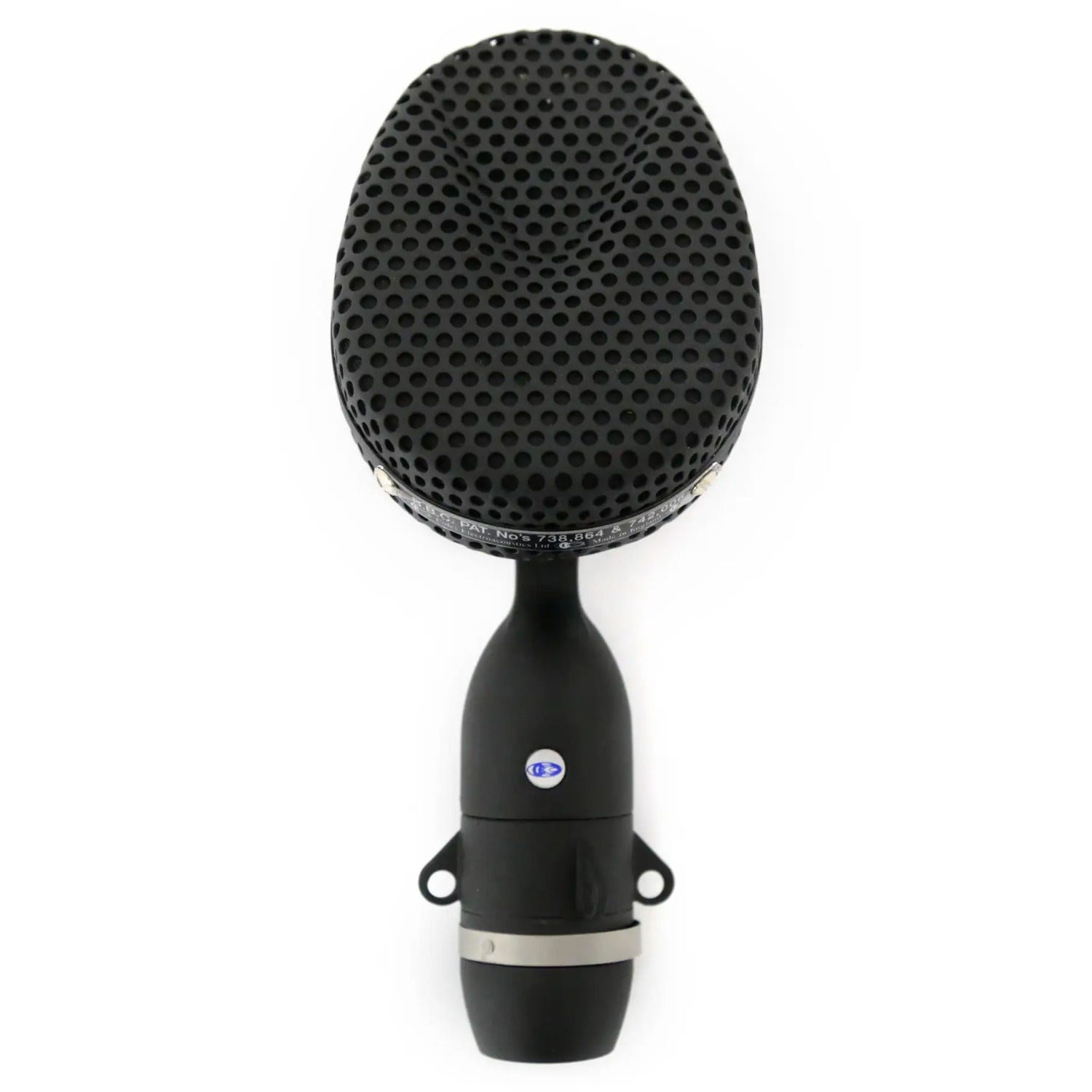
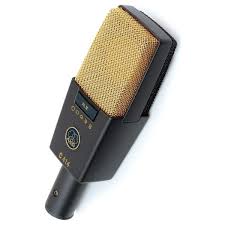
414: multi-pattern condenser mic; 3 attenuation levels; known for recording vocals and acoustic instruments
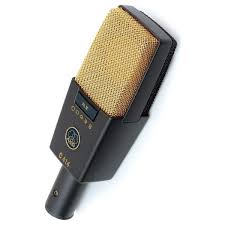
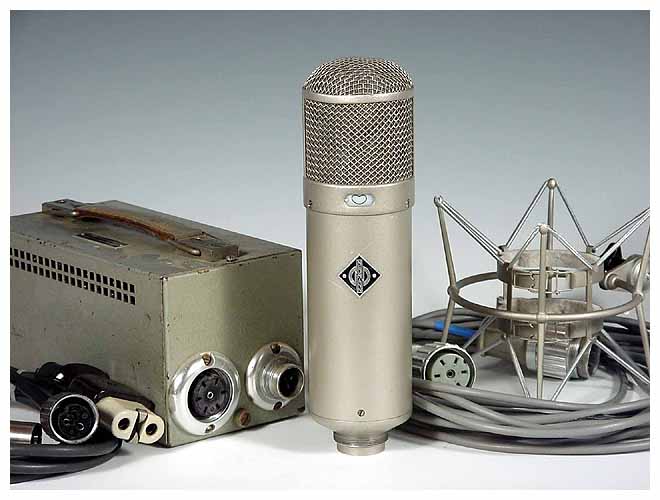
U-47; large-diaphragm cardioid condenser microphone
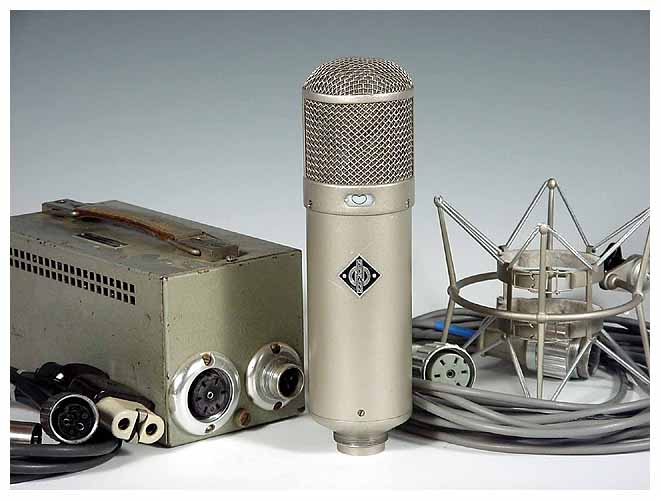
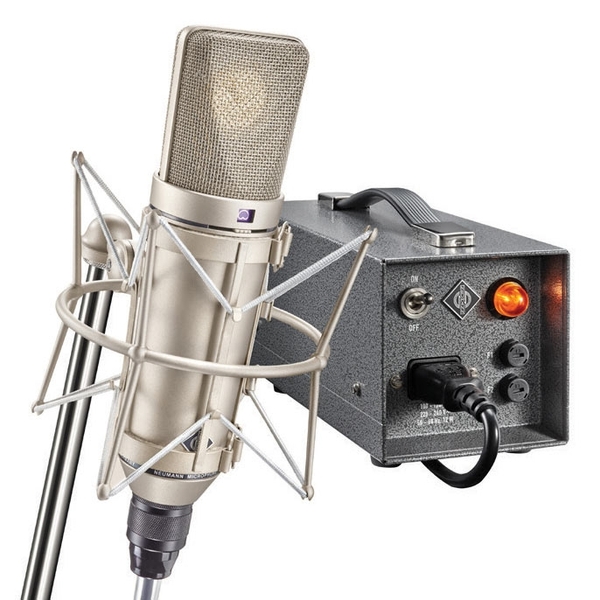
U-67; large-diaphragm tube condenser mic; cardioid, omni, and figure-8 patterns
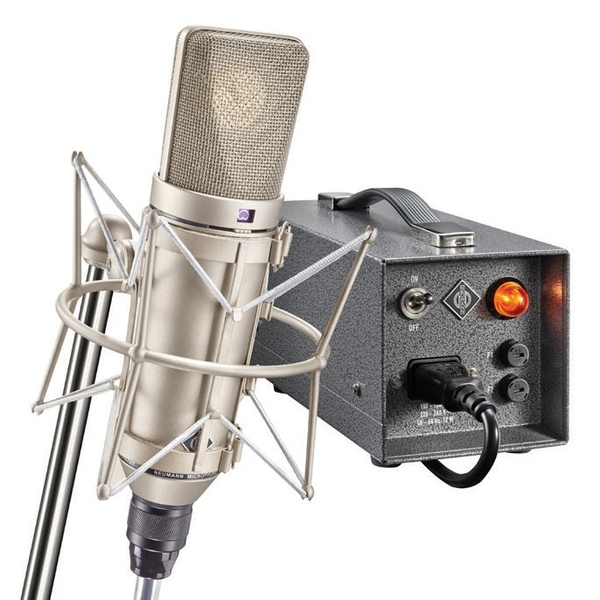
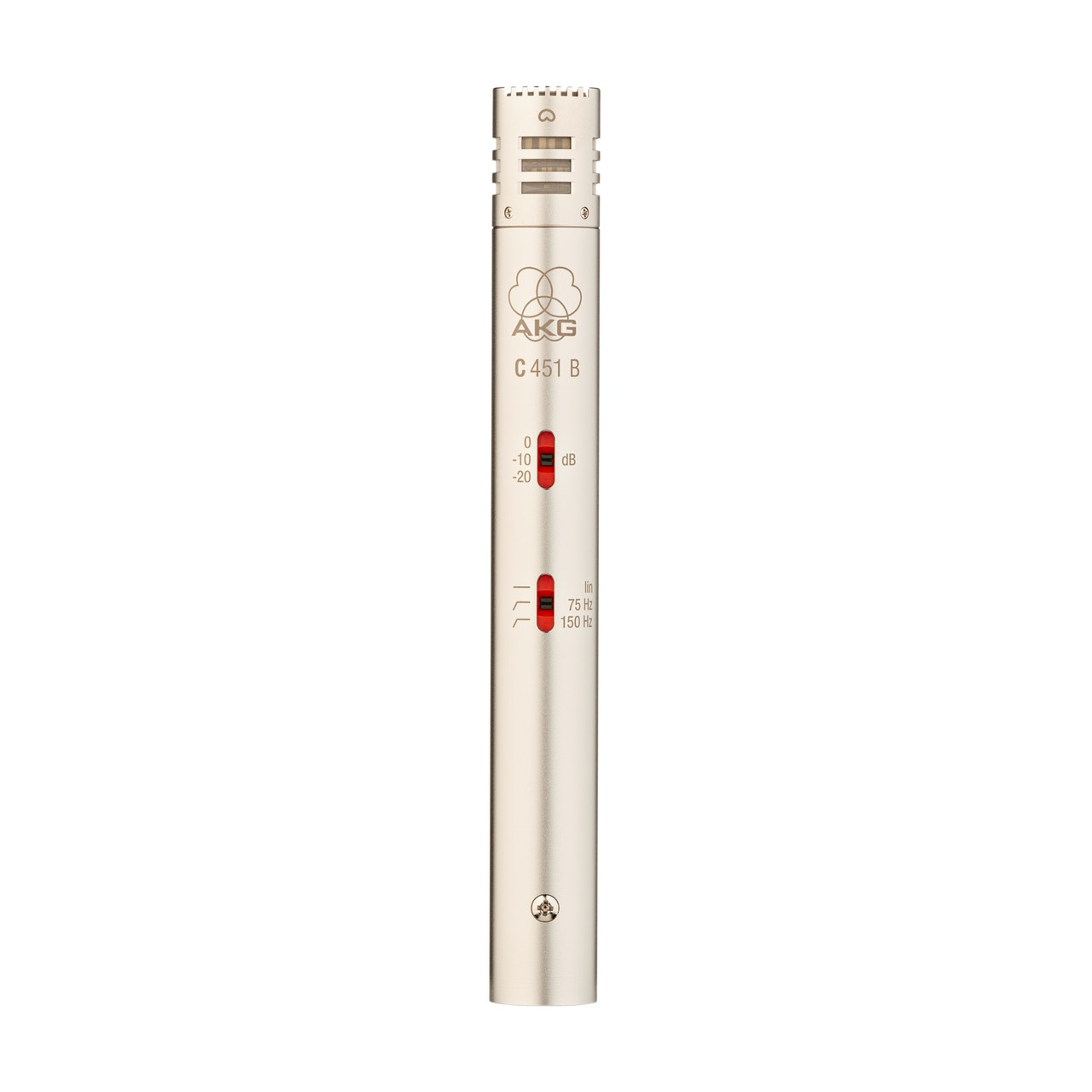
451; small-diaphragm condenser mic; cardioid polar pattern; vocals (conductor)
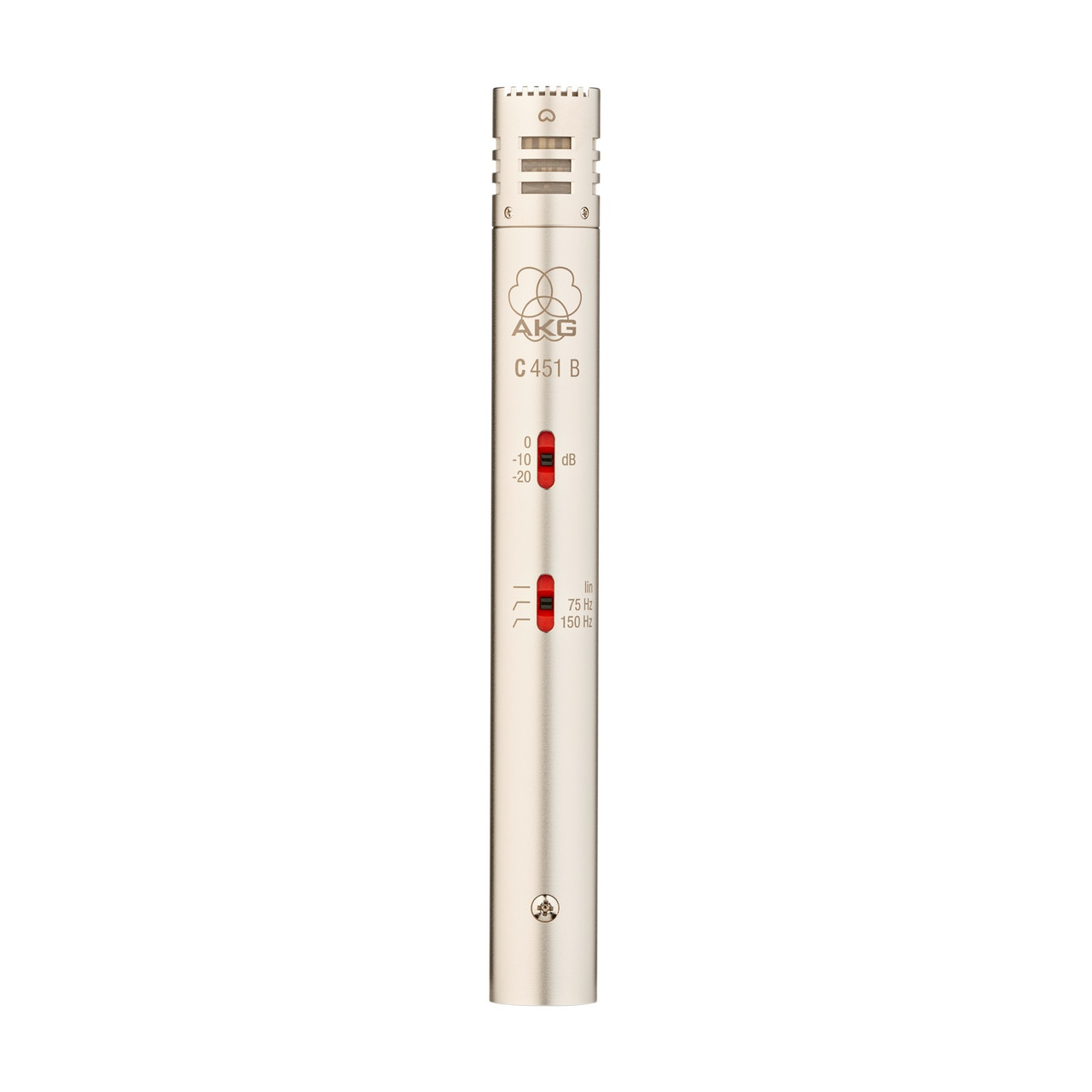
What are condenser mics used for?
Condenser microphones are considered the most versatile recording studio microphones and can be used to record essentially any instrument. They are somewhat more fragile and sonically sensitive than dynamic mics, making them great for recording vocals and acoustic instruments.